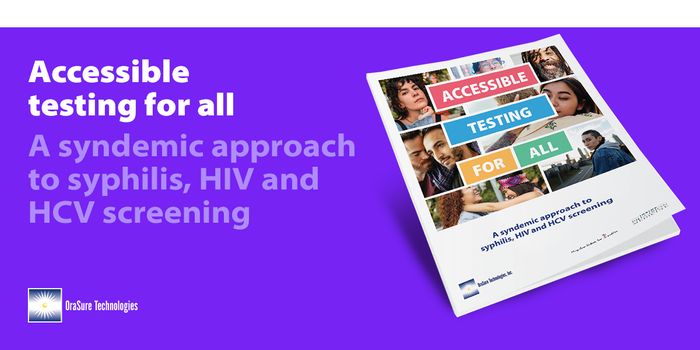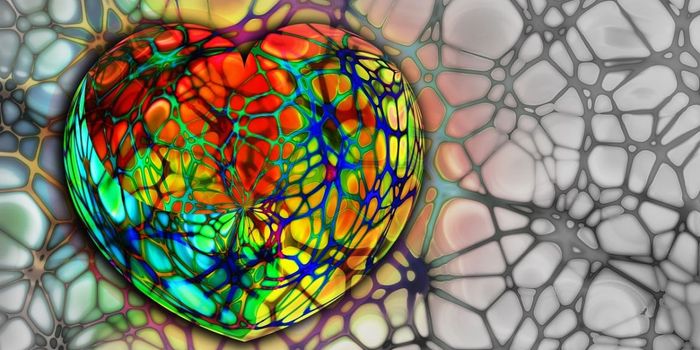COVID-19 Infection Increases Heart Disease Risk Months Later
It's no coincidence that some people have strokes after COVID-19 infection. But, according to a recent study in Nature Medicine, the increased risk of cardiovascular disease from COVID-19 isn't just in the immediate days after infection – it exists for at least one year after.
Even more surprisingly, this increased risk exists for those who have had mild infections and don't have other risk factors like older age, obesity or diabetes.
Researchers in this study compared records from the US Department of Veterans Affairs on more than 150,000 veterans who survived COVID-19 for at least 30 days after infection to health records from two control groups. Each control group consisted of more than 5 million uninfected people who used the VA medical system, one group in 2017 before the pandemic and one group during the pandemic.
Veterans who had survived COVID-19 had an increased likelihood for 20 cardiovascular diseases in their first year after infection compared to controls. They were 52% more likely to have a stroke and 72% more likely to have heart failure.
Even though infection alone increased the risk for cardiovascular disease compared to the uninfected, the severity of infection further increased that risk. Those whose infections were so severe they had to be hospitalized were the most at risk for these post-COVID-19 complications.
The time period of the pandemic included in this study was from March 2020 to October 2021, when patient follow-up ended. Veterans in the infected group had had a COVID-19 infection between March 2020 and January 2021 before vaccines were available to them.
Because myocarditis can also be caused by COVID vaccines in some cases, researchers in this study controlled for this possibility in the follow-up period. Referring to an increased risk of myocarditis after infection, they reported, "the increased risk of myocarditis and pericarditis reported in this study is significant in people who were not vaccinated and is evident regardless of vaccination status."
Although the exact cause behind the increased risk is not known, researchers have several theories. They suspect SARS-CoV-2 may persist in certain body tissues where the immune system can't eliminate it or that the immune system may become hyperactive and attack portions of the cardiovascular system or other body systems that help regulate blood pressure and heart function long after the virus has been cleared. In the latter case, autoimmunity would be an underlying cause of these cardiovascular complications.
Sources: Nature, Nature Medicine








